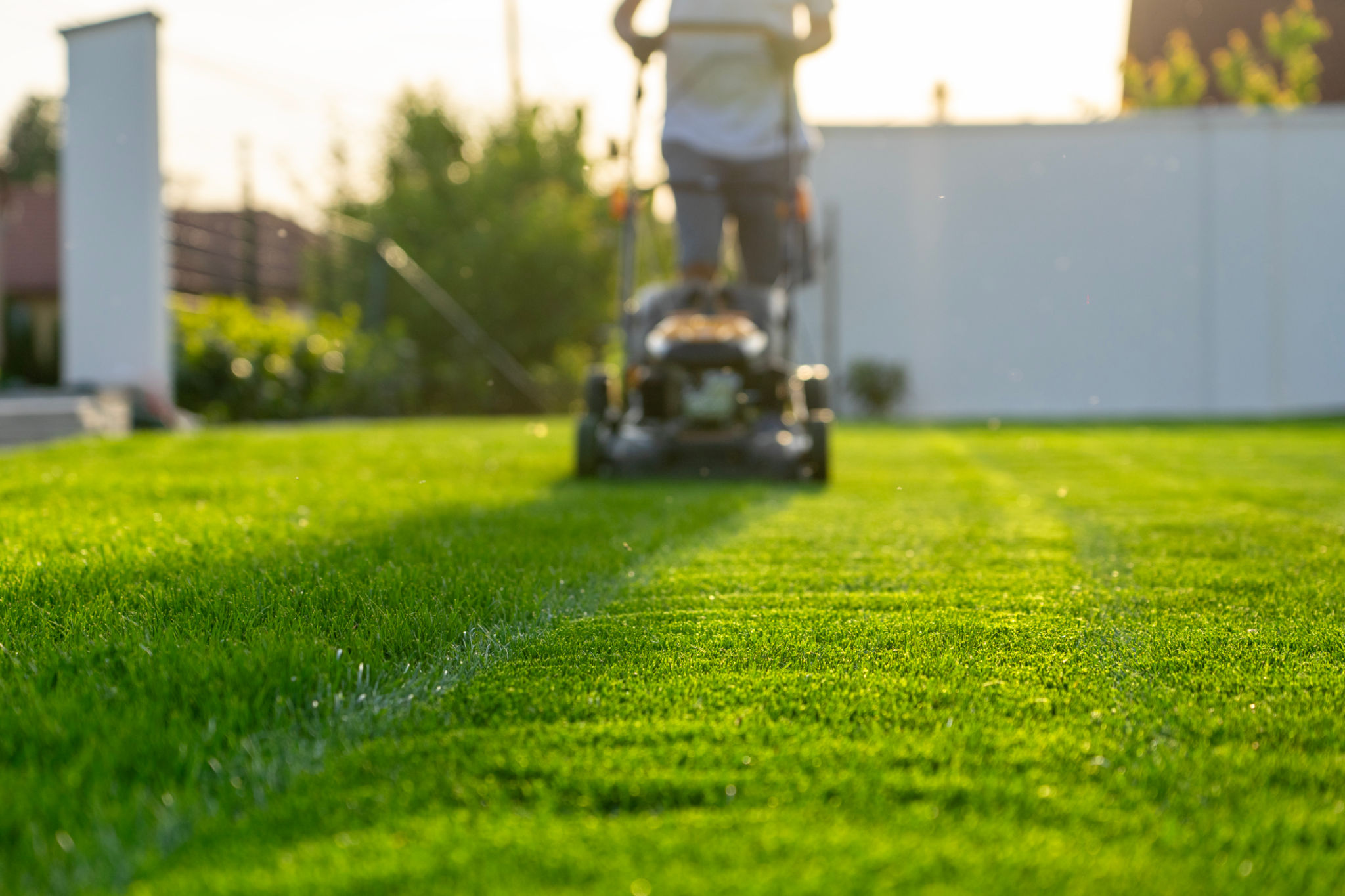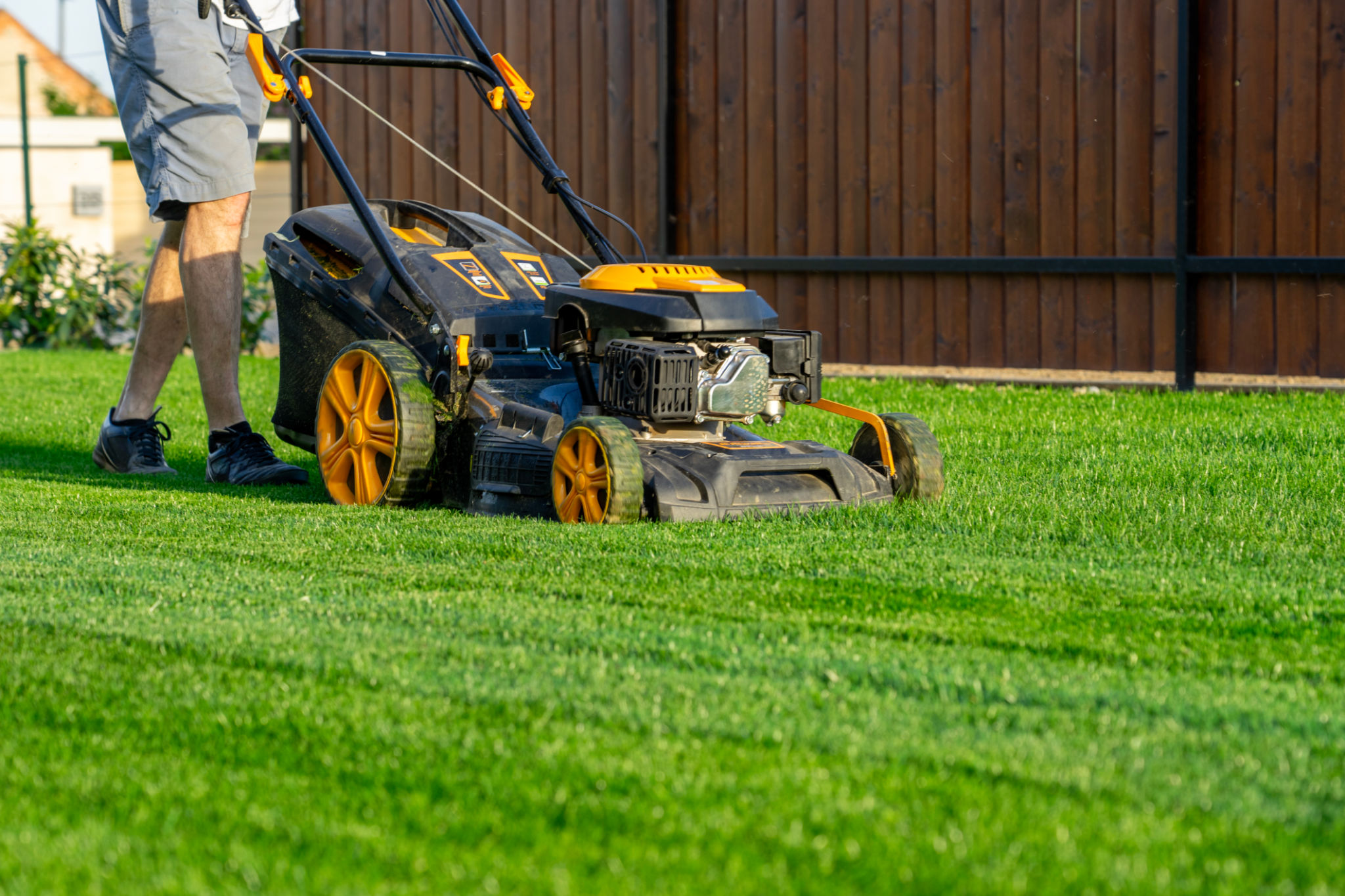Lawn Care Myths Debunked: What Really Works in Yulee
Understanding Lawn Care Myths
Maintaining a lush, green lawn in Yulee requires more than just regular mowing. Many homeowners fall prey to common lawn care myths that can hinder their efforts. In this post, we'll debunk some of these myths and provide insight into what truly works for keeping your lawn healthy and vibrant.

Myth: Watering Every Day Is Necessary
A common misconception is that lawns need to be watered daily. In reality, overwatering can lead to shallow root growth and increased susceptibility to disease. Instead, aim for deep, infrequent watering sessions. This encourages roots to grow deeper, making your lawn more resilient to drought.
Myth: Cutting Grass Shorter Means Less Mowing
While it might seem convenient to mow your lawn short in order to mow less frequently, this approach can actually harm your grass. Cutting grass too short weakens it, making it more prone to weeds and pests. The ideal mowing height for most grass types in Yulee is around 2.5 to 3 inches.

The Importance of Soil Health
Soil is the foundation of a healthy lawn, yet it's often overlooked. Testing your soil's pH and nutrient levels can provide valuable insights into its condition. Most lawns benefit from a pH between 6.0 and 7.0. If your soil is too acidic or alkaline, it can prevent your grass from absorbing nutrients.
Myth: Fertilizer Is a Magic Solution
Although fertilizer is important for lawn health, it's not a cure-all solution. Over-fertilizing can lead to nutrient runoff and environmental damage. It's crucial to follow recommended application rates and schedules based on your specific grass type and soil conditions.

Effective Weed Control Strategies
Weeds can quickly take over if not managed properly. The key to effective weed control is understanding which types of weeds are prevalent in your area and using the right products to target them. Pre-emergent herbicides can help prevent weeds from germinating, while post-emergent treatments tackle existing weeds.
Myth: All Weeds Are Bad
While it's true that some weeds can compete with your grass for resources, not all weeds are detrimental. Clover, for example, helps fix nitrogen in the soil and can benefit your lawn. Instead of striving for a completely weed-free yard, focus on maintaining a balance that supports overall lawn health.
Conclusion
By recognizing and debunking these common lawn care myths, you can take more informed steps toward achieving a beautiful lawn in Yulee. Remember that successful lawn care involves understanding local conditions, using appropriate techniques, and remaining patient as your lawn develops over time.